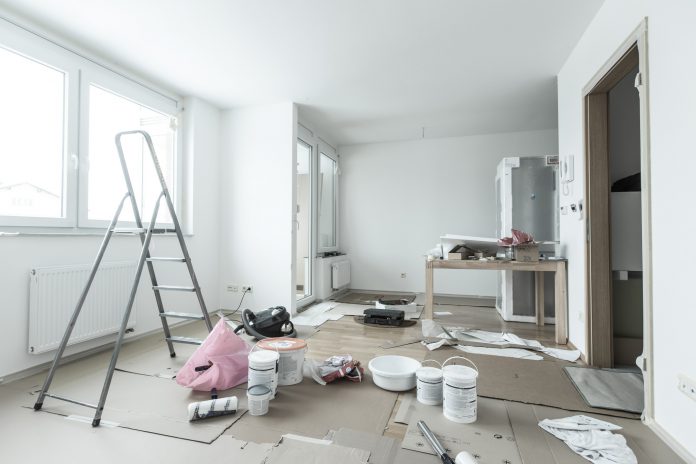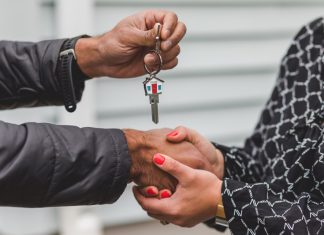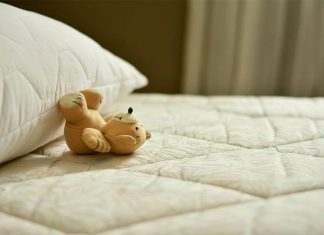Whether it is lived in or vacant, any house will eventually have wear and tear. If you own the home, you are responsible for doing the maintenance. However, the distinction is often different when it comes to apartments. For repair works on rental properties, there is often confusion on who should be responsible for maintenance and who will shoulder the cost of any damages. If you are a tenant, here are some guidelines on what you should shoulder for apartment maintenance.
Keeping Your Home Clean
Keeping your home clean and free from sanitary hazards is the primary task for everyone, especially the tenants. Landlords require their tenants to dispose of their garbage properly, using garbage bags and bins that seal tightly. Tenants should avoid piling up trash in their units because it could lead to health issues for your household and neighbors. Prolonging the garbage in your house may invite pest infestation, which can also go to your food storage and bring viruses and bacteria. Plus, it will be harder to keep your home smelling great.
If you are the landlord and live far from your rental property, you can negotiate with your tenants to bring the pails back in their units after taking out their trash and already collected by the truck. In most towns, it is already a regulation to take out your garbage on your scheduled day. Homeowners will receive a fine if you do not follow your garbage collection schedule. Tenants should also clean their common areas by vacuuming, mopping, sweeping, wiping of furniture, and maintaining a garbage-free unit.
Checking Your Electrical Appliances
Tenants should be responsible for keeping their electrical appliances in good shape. Broken appliances can be dangerous because it can lead to electrical problems and disastrous fire. Tenants should also replace bulbs and electrical fuses to maintain the proper flow of electricity throughout the house. Part of the tenant’s responsibilities is to check the smoke alarm batteries at least once a month. It is essential to keep these gadgets working for the prevention of fire.
Addressing Plumbing Problems
Every home will experience plumbing problems, not only because of wear and tear, but it could also be the tenants’ fault. There are instances where users of the toilet will flush their used napkins and toilet papers, which can cause blockage in the soil pipes. Tenants may use a plunger to push the blockage. If that doesn’t work, they should call a plumber to fix the problem. For water lines, if the tenant accidentally punctured a pipe, it should be their responsibility to repair it.
Cleaning of the Roof
If the house you are renting has easy access to the roof, you should regularly clean it as a tenant. The roof can catch dust and dirt brought by the wind, and it may cause blockage in the downspout once the rain washes it down. Some leaves and twigs can also cause a dam in the gutters, creating an overflow to its joints and ceiling eaves. However, for some significant gutter repairs, City Seamless Gutters advises doing a thorough inspection to assess whether the damage is due to neglect or wear and tear.
Searching for Molds
Too much moisture inside the house can lead to mold growth, which usually happens in the bathroom when the tenants always close the window. To prevent moisture build-up, users should turn on the exhaust fan when using the bathroom and open the windows regularly. Molds can also be hazardous to one’s health. If the tenant observes an area of the house with a sudden appearance of molds, they should notify their landlords immediately for proper treatment.
Regular wear and tear in a house or an apartment unit is not the tenant’s responsibility, but there are certain responsibilities that need to be fulfilled while living in the unit. Damage or issues beyond their control must be reported to their landlords for inspection. Even if you are renting a house or an apartment unit, you should treat it as your own to avoid further problems.












